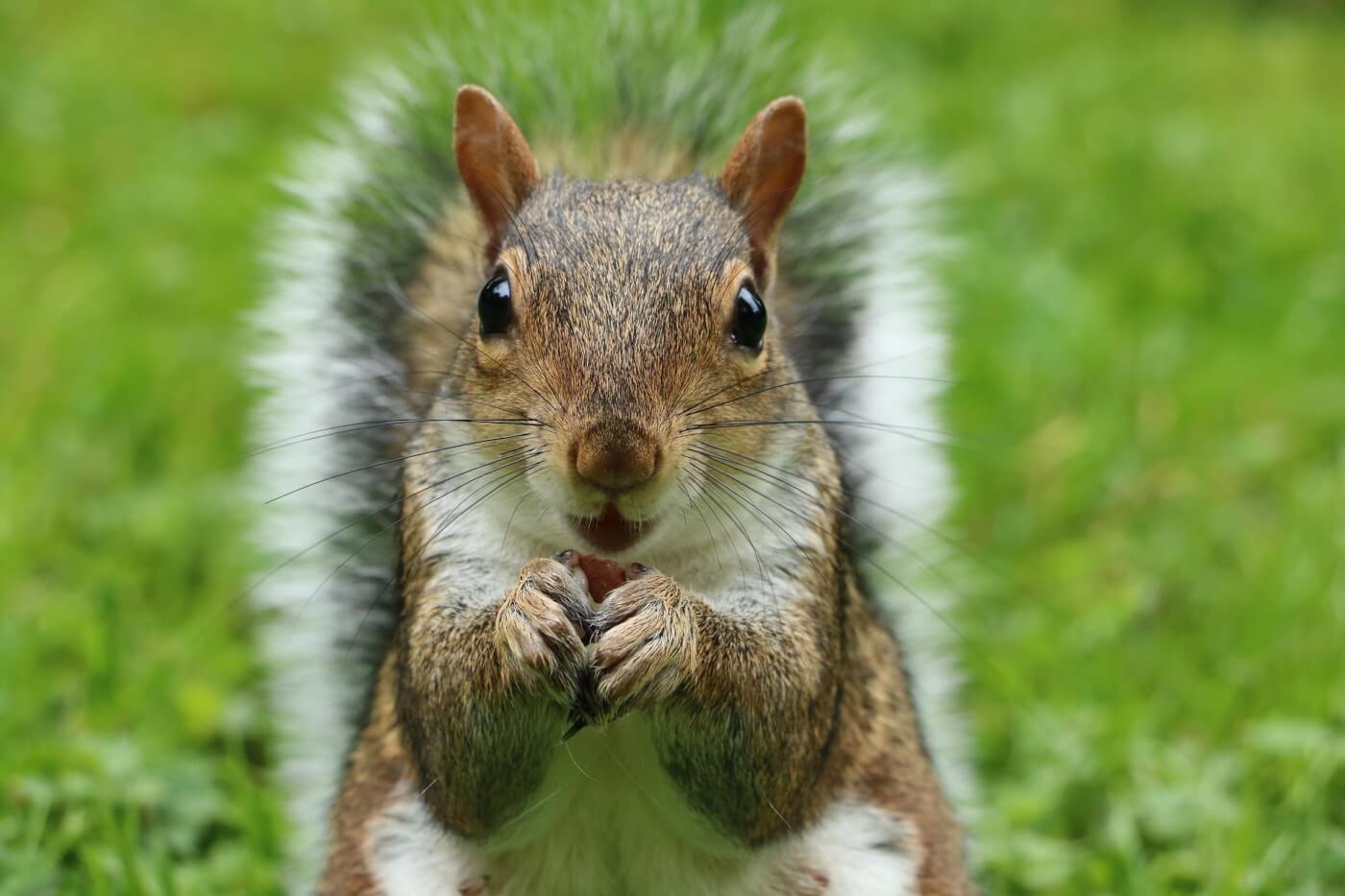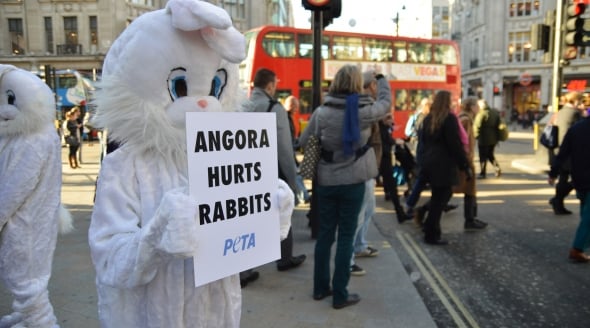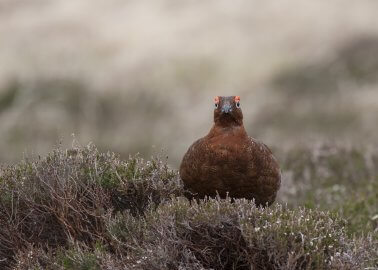Culling Grey Squirrels Is Unjustifiable – Both Scientifically and Ethically
After learning last week that government ministers had expressed support for a cull of grey squirrels, PETA has come together with Animal Aid and other animal-protection groups to speak out against this cruel proposal in a joint letter to Michael Gove, the Secretary of State for Environment, Food and Rural Affairs.
While some ministers are blaming grey squirrels for damaging trees, any harm caused by these animals is limited and localised. Meanwhile, it’s humans who are responsible for encroaching on and destroying massive expanses of woodland – habitats that otherwise could have provided more than enough space for all species to thrive. It’s unfair to scapegoat and kill grey squirrels, who are simply trying to survive.
Another common excuse for culling grey squirrels is that they’re a threat to red squirrels, but this is also unjustifiable both scientifically and ethically. Culling may actually lead to an increase in grey-squirrel populations because recolonisation occurs rapidly when food and habitat are easily available. Furthermore, anyone who cares about one type of squirrel should extend that compassion to all squirrels – who feel pain, enjoy raising families, and want to live – regardless of their colour.
Squirrel-killing methods are extremely cruel and include poisoning, trapping, shooting, and, in the case of young animals, stamping. Poisoned animals die slowly and painfully, and the chemicals used can harm animals other than the intended targets. Similarly, traps may not kill instantly and don’t discriminate between a grey squirrel, a red squirrel, a cat, a human child, or any other animal. Shot animals are frequently only wounded and crawl off to die a slow, agonising death.
What You Can Do
If you’d like to get involved in PETA’s campaigns to help wildlife and other animals, please join our Action Team today. We’ll contact you about upcoming events and demonstrations in your area, urgent action alerts, and breaking news.





